They were playing opera in Shanghai two centuries before Christ
mainFrom the Shanghai Daily:
The Gushan Pavilion at the Zhejiang Museum is displaying a series of Jin Dynasty carved bricks, through September 17. The bricks and other exhibits tell the story of the short but powerful dynasty.
The first section introduces a local opera named sanyue(散乐). It originated in the Qin Dynasty (221-206 BC), when it was only performed at the royal court. It developed during the Southern and Northern Dynasties (AD 420-589) as it spread through the temples. During the Song Dynasty (960-1279), it spread to cover both urban and rural areas.
Sanyue merged music with dance, and many of the carved bricks depict the instruments and the dancers.
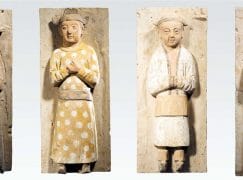
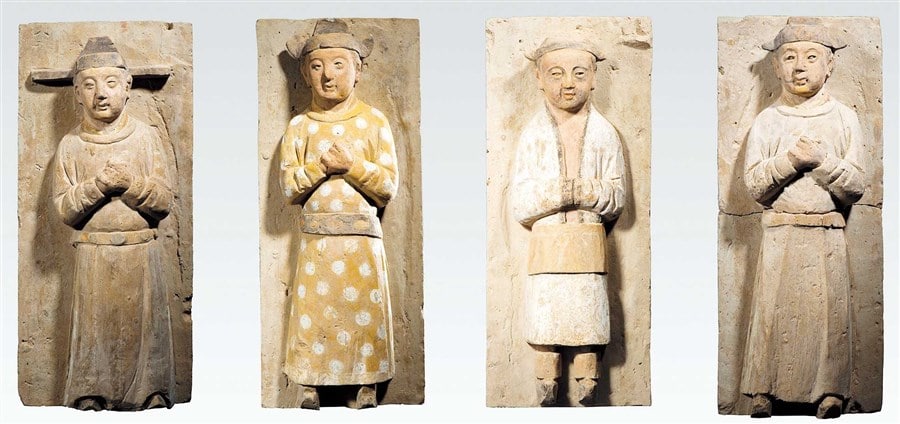

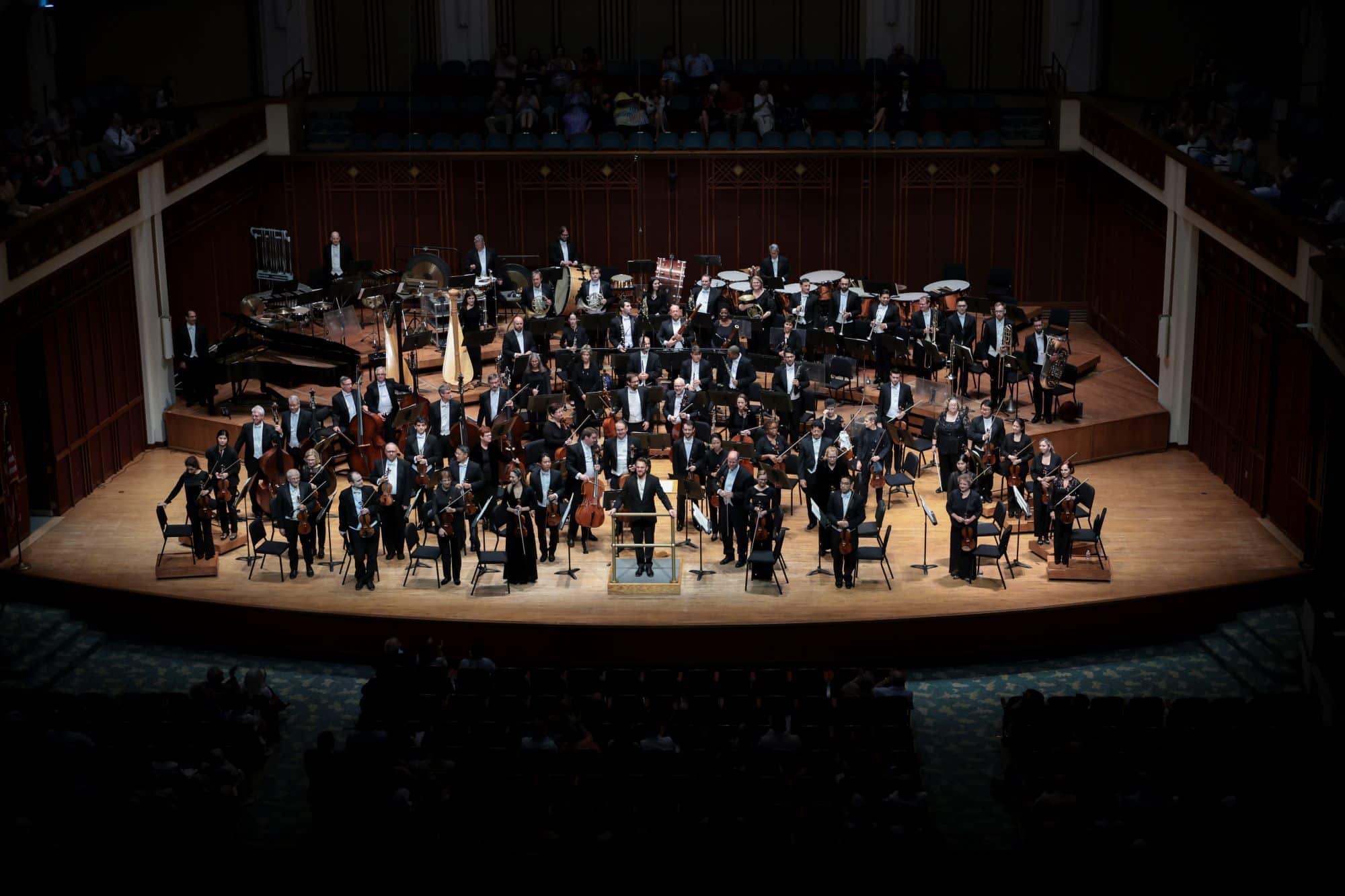
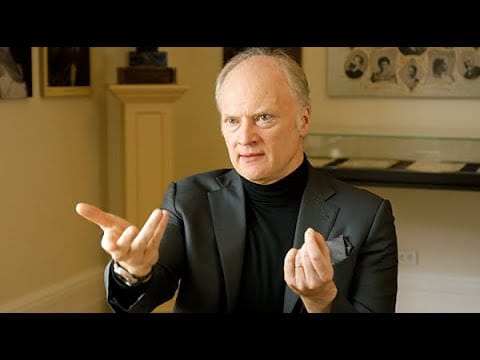

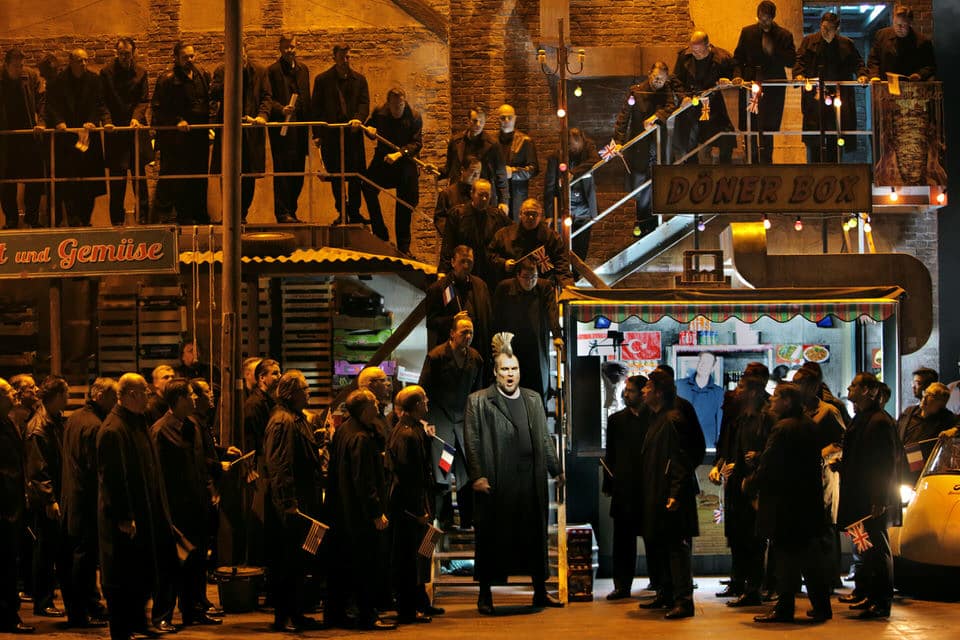
Comments